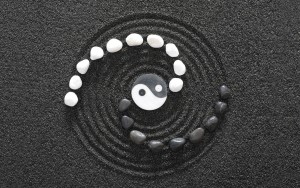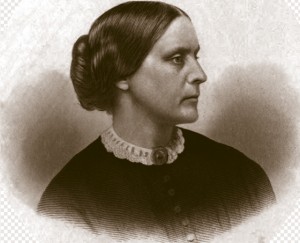 I went to write a blog post on the two extremes of emotions – anger and _____. The problem came when I did not know the opposite of anger. After asking that question I had to ask myself, “Am I looking for the two extreme emotions or the actual opposite of anger?” Is anger really a stand alone emotion or a secondary emotion? Is there really an opposite of anger? Quickly I could answer: Anger is an emotion that does not come up for us without being triggered by another emotion. Therefore it is a secondary emotion.
I went to write a blog post on the two extremes of emotions – anger and _____. The problem came when I did not know the opposite of anger. After asking that question I had to ask myself, “Am I looking for the two extreme emotions or the actual opposite of anger?” Is anger really a stand alone emotion or a secondary emotion? Is there really an opposite of anger? Quickly I could answer: Anger is an emotion that does not come up for us without being triggered by another emotion. Therefore it is a secondary emotion.
When I put this question out to the general public and friends though, I received many different ideas of the opposite of anger. First my wife said it was happiness, and then there were many other emotions to follow from others:
bliss, openness, calm, non-attachment, contentment, peace, forgiveness, satisfaction, tolerance, apathy, acceptance, compassion, joy, equanimity, personal peace, NO anger, and tranquility.
I have come to the conclusion that we really have 2 different questions here. The first one asks, If anger is one extreme of emotions, what is the other extreme? To that question we must first recognize that even within anger there are levels of anger that go from being annoyed (level 1) to outright rage (level 10). The behavior that results from those levels of feelings may go from sarcasm to extreme violence.
If we start there, we then realize that you could have opposites to the resulting behaviors. If it was anger at the level 1 of being annoyed and displayed with the behavior of sarcasm, the opposite may be tolerance and tact. If the behavior was on the opposite end of the spectrum, extreme physical violence, the opposite may be peacefulness.
I am not sure if anger actually has an opposite – it may be that the opposites occur in the behavior that follows. Or it could be that the opposite is “EMPOWERED”! Empowered to be blissful, open, calm, non-attached, content, peaceful, forgiving, satisfied, tolerant, apathetic, accepting, compassionate, joyful, equanimity, or tranquil.
What I am sure of, is that anger is a very strong emotion that is felt when we feel hurt due to guilt, shame, loss, hunger, frustration, helplessness, anxiety, feeling less than, emptiness or the biggest one of all FEAR. Fear of not being enough, fear of embarrassment, fear of failure.
From personal experience I have learned that we can learn to manage our anger and the resulting behaviors. It takes time, commitment and a determined desire to enjoy calmness, peace, tranquility, contentment and joy. I am here to share what I have learned with the young folks in our community and their parents the awareness and knowledge of anger management by offering one on one sessions to help children and parents bring out the best in themselves.
 Each month we will discuss one gift of character with all of our students. This month the word is Dignity. This life skill will be defined in the following ways for our students.
Each month we will discuss one gift of character with all of our students. This month the word is Dignity. This life skill will be defined in the following ways for our students.


